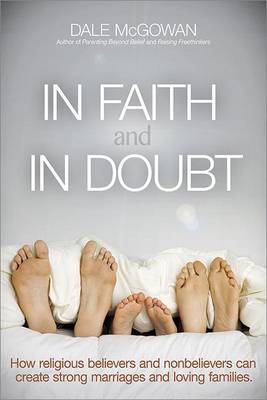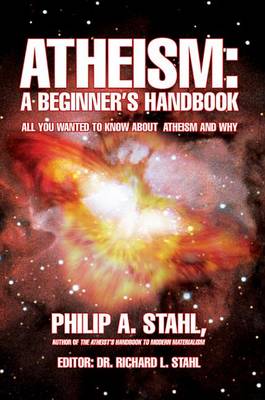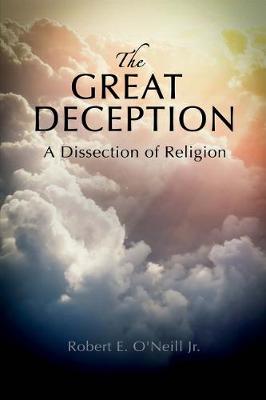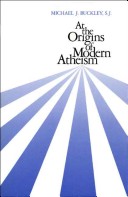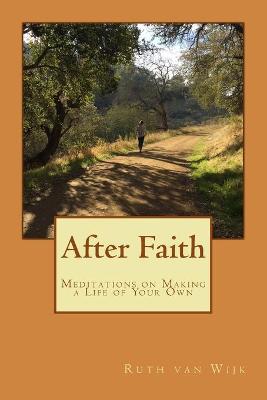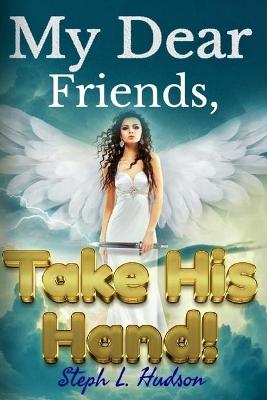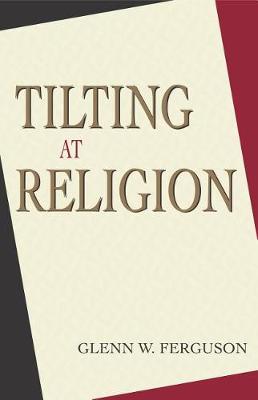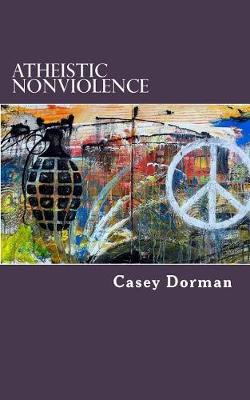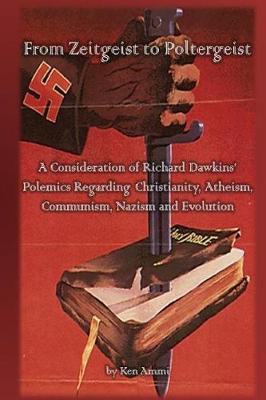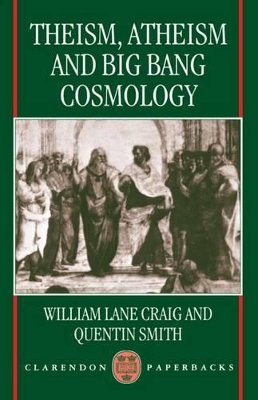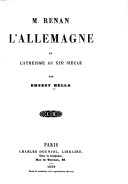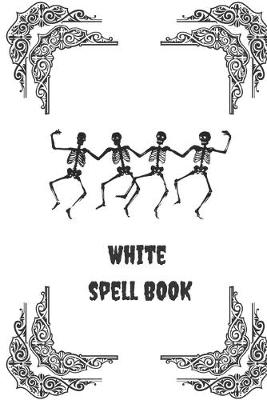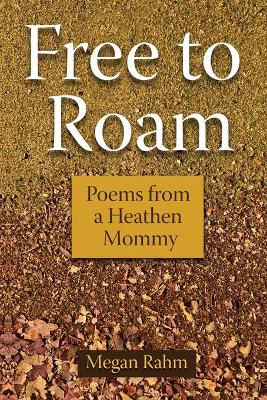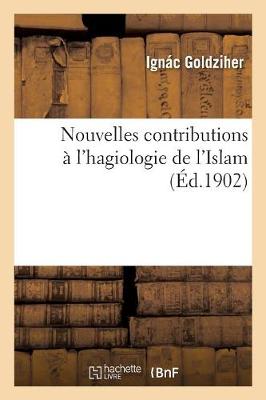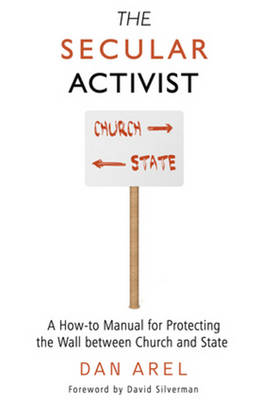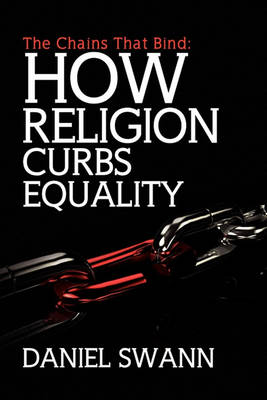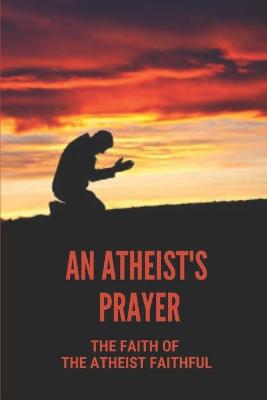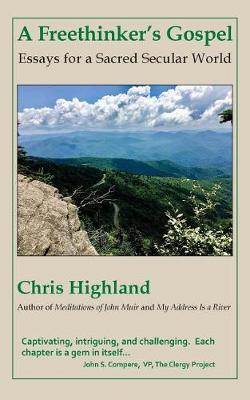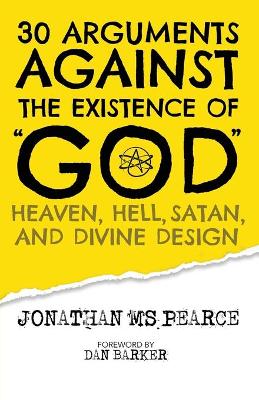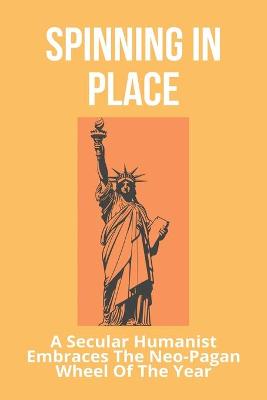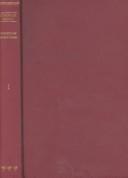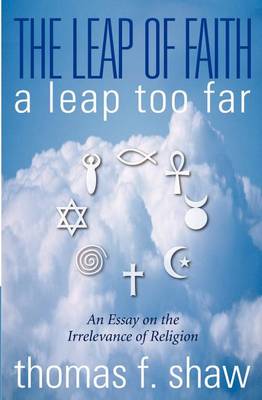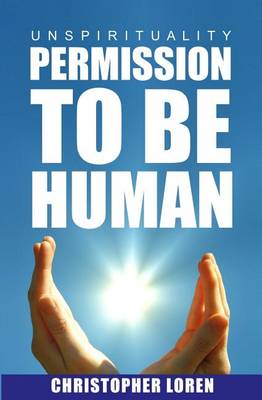In this book, Michael J. Buckley investigates the rise of modern atheism, arguing convincingly that its roots reach back to the seventeenth century, when Catholic theologians began to call upon philosophy and science-rather than any intrinsically religious experience-to defend the existence of god. Buckley discusses in detail thinkers such as Lessius, Mersenne, Descartes, and Newton, who paved the way for the explicit atheism of Diderot and D'Holbach in the eighteenth century. "[A] capaciously...
Former ambassador to Kenya and president of Lincoln Center Glenn W. Ferguson has kept a journal for 22 years. One issue that has sustained his interest throughout the decades is the conflicting views of nonbelievers and religious believers, and the paradoxical attitudes that result from the clash of increasingly secular, international trends with traditional belief systems. This book is a compilation of brief essays culled from this journal, all on the subject of religion. Ferguson begins with a...
Theism, Atheism, and Big Bang Cosmology (Clarendon Paperbacks)
by William Lane Craig and Quentin Smith
Contemporary science presents us with the remarkable theory that the universe began to exist about fifteen billion years ago with a cataclysmic explosion called `the Big Bang'. The question of whether Big Bang cosmology supports theism or atheism has long been a matter of discussion among the general public and in popular science books, but has received scant attention from philosophers. This book sets out to fill this gap by means of a sustained debate between two philosophers, William Lane Cr...
Nouvelles Contributions A l'Hagiologie de l'Islam (Religion)
by Goldziher-I
30 Arguments against the Existence of God, Heaven, Hell, Satan, and Divine Design
by Jonathan M S Pearce
Atheism in Britain
Until the 19th century, atheism was widely thought to be not just false but impossible or crazy. By the early-20th century, however, all that had changed. Indeed, according to some of our most influential "culture-heroes", such as Marx, Nietzsche and Freud, it is religion that is pathological and it is aetheism that distinguishes our culture from that of the past. Many major texts are little-known, such as "An Answer to Priestley" (1782). Similiarly, "An Investigation of the Essence of the Deity...
